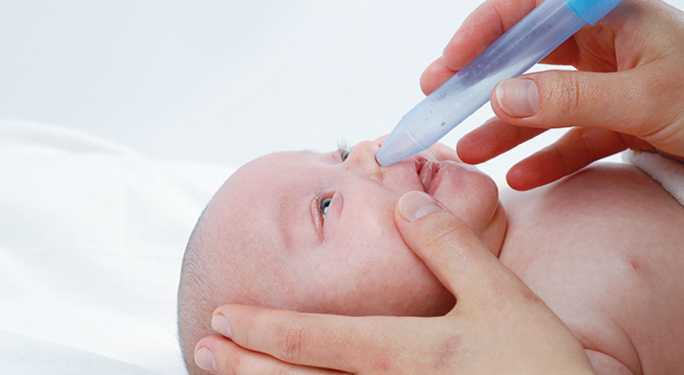SINUS INFECTION IN CHILDREN
Children are prone to colds and flus but this may escalate to sinusitis infection, which can be extremely uncomfortable. Sinuses are the

Children are prone to colds and flus but this may escalate to sinusitis infection, which can be extremely uncomfortable. Sinuses are the moist air spaces found around the nose but when one gets a cold or suffers from allergies, the sinuses become infected and inflamed. The main purpose of sinuses is to help filter and moisturise the air we breathe, but when they become infected and inflamed, there is increased mucus production hence breathing becomes difficult.
Several things can trigger sinusitis. Some of these include:
• Changes in weather and temperature or activities affecting temperatures such as swimming.
• Environmental allergens and pollutants such as dust, cigarette smoke or strong odours.
• Asthma.
• Extensive colds and flus.
• Nasal benign growths.
Although most sinus infections are not serious, they can lead to severe infections if left untreated. Therefore, correctly identifying sinus infection symptoms and receiving adequate treatment is crucial to bringing relief to a child suffering from it.
However, when it comes to severe infection leading to chronic sinusitis, it can be difficult to diagnose in kids since the symptoms are often similar to respiratory infections such as the common cold. Some of the similar symptoms include fever, headaches, green discharge from the nose and coughing.
One of the ways doctors confirm if a child is suffering from sinuses is by looking at the duration of the infection, rather than just the symptoms or frequency. For instance, whereas a child can suffer from a cold for about a week, he may have a sinus infection for a month or longer.
Treating sinusitis
You can help your child manage sinuses by ensuring he does the following:
• Drink plenty of warm fluids to thin the mucus formed in the sinus.
• Wipe their face daily with a piece of cloth moistened in warm water.
• Inhale steam from a basin of hot water or from a hot shower
Sinus infections are usually treated with antibiotics, but sometimes the infection may be caused by allergies. In this case, one of the ways in which doctors can prevent further infections is by treating the allergies.
When a child is allergic to something, their body responds to harmless allergens the same way it would to germs. As a result, his immune system deploys its defenses such as increased mucus production or sneezing against environmental irritants like dust or smoke.
When this occurs, the child’s immune system is weakened and thus unable to protect him from infection. Since congestion is a common symptom of allergies, sinus infections frequently follow these allergy attacks.
If your child has chronic symptoms that never seem to go away or even get better, it is advisable to consult an ear, nose and throat specialist (ENT) who may decide that a minor surgery is a better treatment option. The surgery involves the removal of adenoids, which are the glands between the nasal cavity and the throat, and are often the source of sinus infections.
Buy a copy of the December issue to read this and many more




